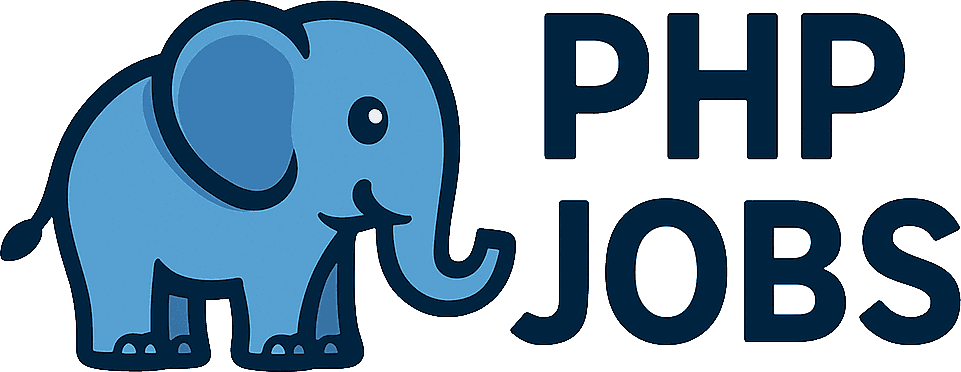Taxonomy Skills in PHP and CMS Development
In the context of PHP development, taxonomy refers to the practice of classifying and organizing content and data within an application. This skill is especially critical when working with Content Management Systems (CMS) like WordPress, Drupal, or building custom data-driven applications where structured information architecture is essential for usability and search functionality.
Organizing Content with Taxonomies
A PHP developer with taxonomy skills is responsible for designing and implementing logical data structures. In WordPress, this means creating custom post types, custom taxonomies (beyond standard categories and tags), and custom fields to model complex data. In a broader sense, it involves designing database schemas and relationships that allow content to be grouped, filtered, and queried efficiently. A well-designed taxonomy improves user navigation, powers faceted search, and ensures content is easy to manage.
Key Competencies in Data Organization
Developing effective taxonomies requires a blend of technical and architectural skills:
- Deep knowledge of a CMS like WordPress or Drupal, including their data structuring capabilities.
- Strong database design skills, including an understanding of relational models and normalization.
- The ability to model complex data relationships (e.g., one-to-many, many-to-many).
- Experience building features like filtering, sorting, and faceted search based on content metadata.
- Understanding of information architecture principles for creating intuitive user experiences.


